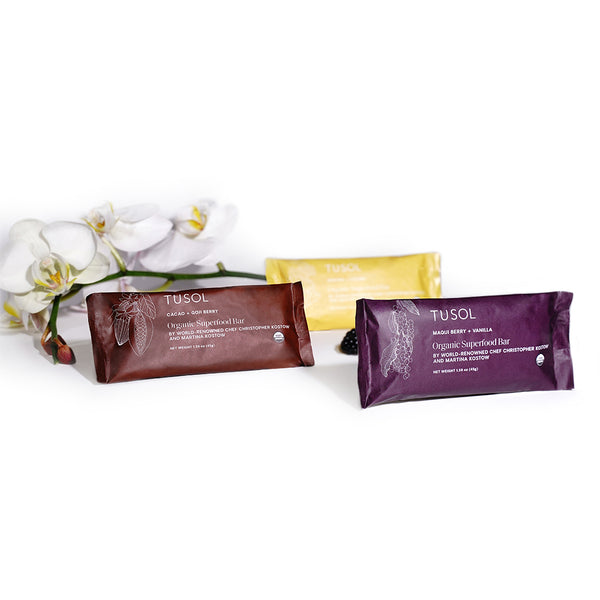Maintaining a healthy diet can have a significant impact on our mood and stress levels. While it's easy to reach for comfort foods when we're feeling down or stressed, certain foods can actually have a negative effect on our mental health. On the other hand, incorporating certain nutrient-rich foods into our diet can have a positive impact on our mood and stress levels.
Here are some of the foods that have been shown to have a direct effect on improving mood and reducing stress:
Leafy green vegetables: Leafy green vegetables, such as spinach, kale, and broccoli, are high in folate, a B vitamin that has been linked to improved mood and cognitive function. A study published in the American Journal of Clinical Nutrition found that people who had higher levels of folate in their diet had a lower risk of depression. Leafy greens are also rich in magnesium, which has been shown to have a relaxing effect on the body and can help reduce stress.
Fish: Fish, especially fatty fish like salmon, mackerel, and sardines, is a great source of omega-3 fatty acids. These fatty acids are essential for brain health and have been shown to have a positive effect on mood and anxiety. A review published in the Journal of Clinical Psychology found that omega-3 supplements were effective in reducing symptoms of depression and anxiety in adults.
Berries: Berries, such as blueberries, raspberries, and blackberries, are high in antioxidants and have been linked to improved brain function and a lower risk of cognitive decline. A study published in the Journal of Agricultural and Food Chemistry found that blueberries in particular have a positive effect on mood and cognitive function.
Dark chocolate: Dark chocolate is a good source of antioxidants and has been shown to have a positive effect on mood and stress levels. A study published in the Journal of Proteome Research found that people who ate a small amount of dark chocolate every day for two weeks had lower levels of the stress hormone cortisol and reported feeling more relaxed. It's important to note that dark chocolate is still a high-calorie treat and should be consumed in moderation.
Nuts and seeds: Nuts and seeds, such as almonds, cashews, and chia seeds, are high in magnesium, which can help reduce stress and improve sleep. They are also a good source of healthy fats, which can help improve brain function. A study published in the Journal of Nutrition found that people who ate a diet high in nuts and seeds had a lower risk of depression.
Turmeric: Turmeric is a spice that has been used in traditional medicine for centuries. It contains curcumin, a compound that has anti-inflammatory and antioxidant properties. A review published in the Journal of Clinical Psychology found that curcumin supplements were effective in reducing symptoms of depression and anxiety in adults. Turmeric can be added to a variety of dishes, including curries and smoothies.
Green tea: Green tea is a good source of antioxidants and has been shown to have a positive effect on mood and cognitive function. A study published in the Journal of Psychopharmacology found that people who drank green tea had lower levels of the stress hormone cortisol and reported feeling more relaxed.














